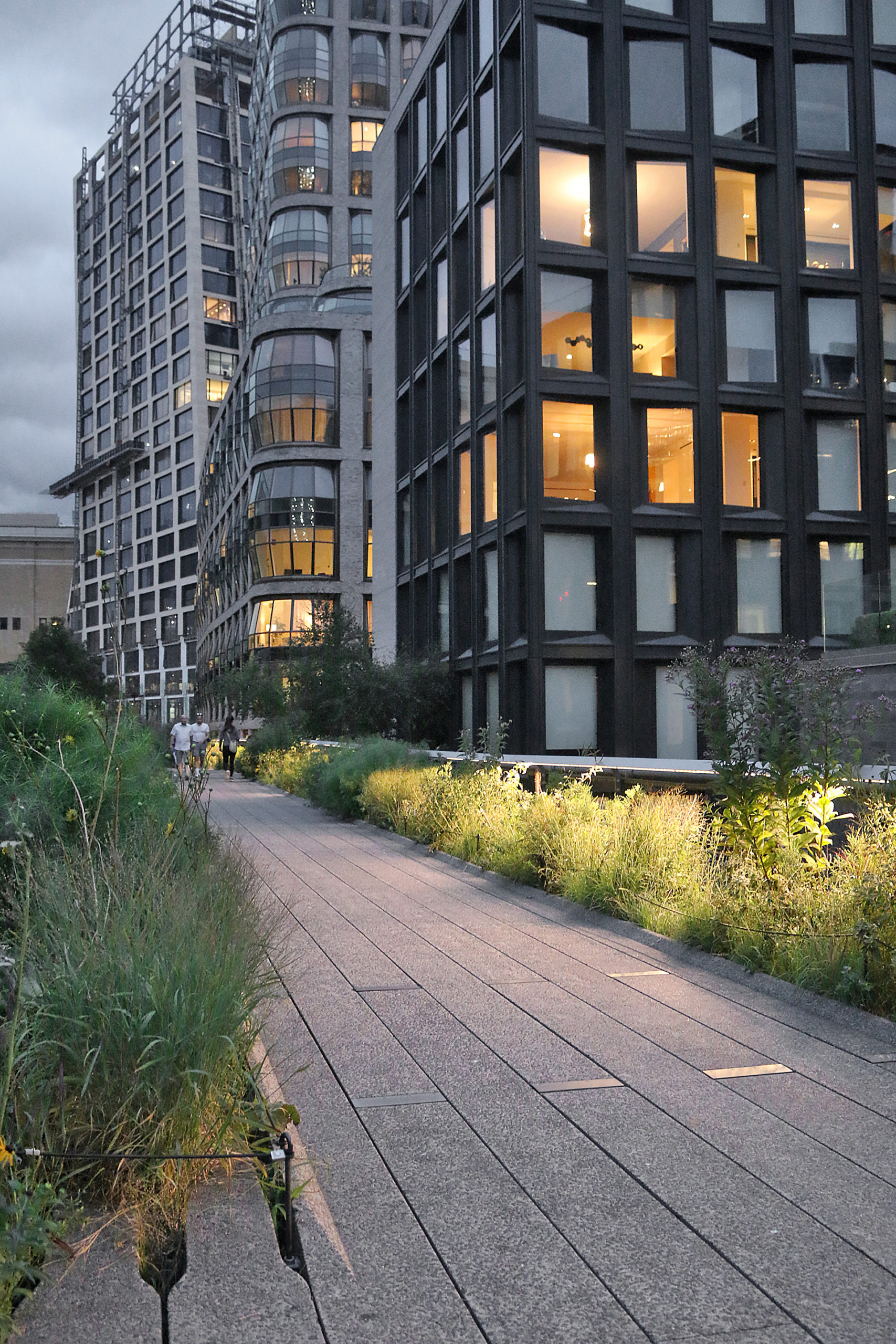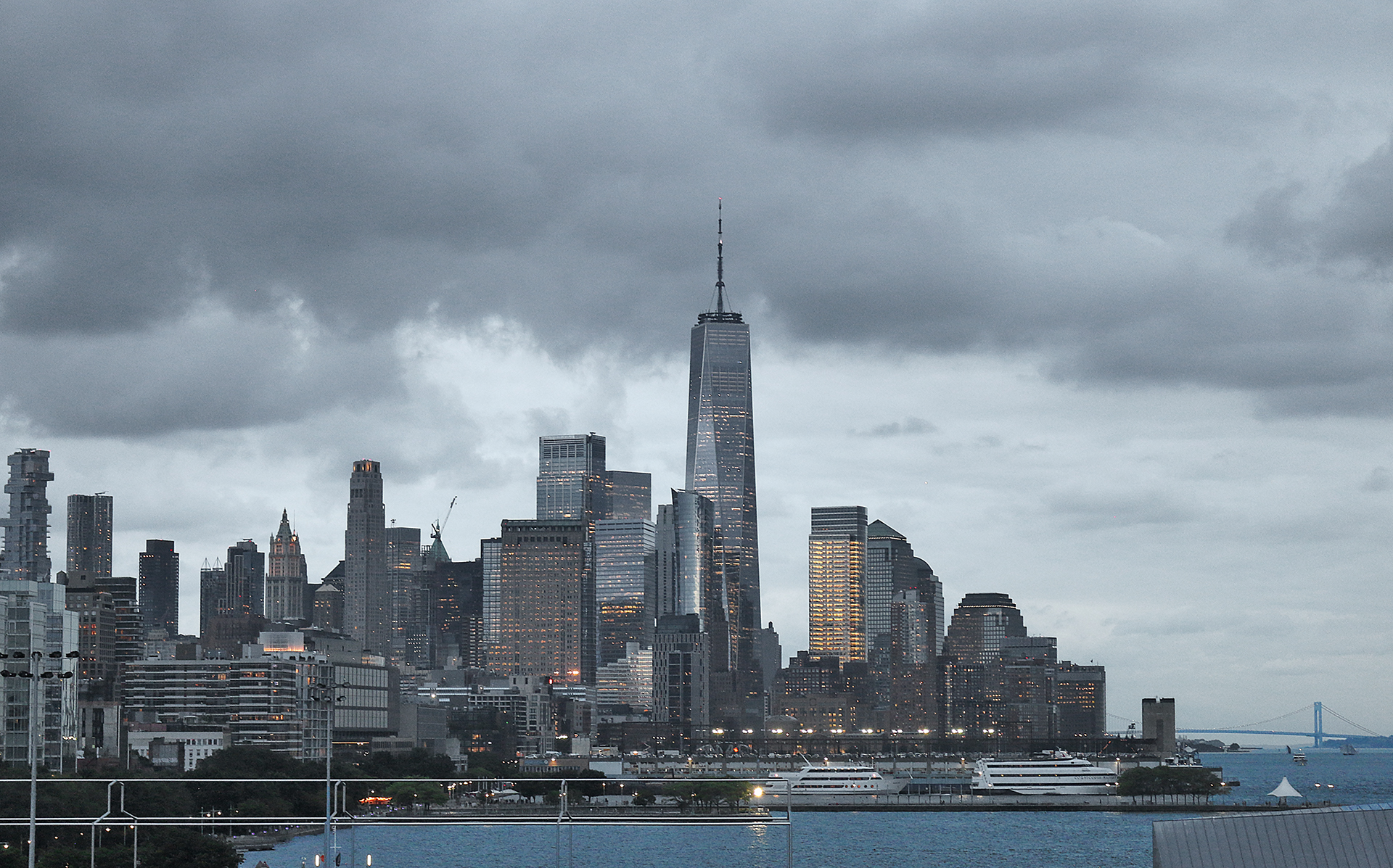If you are hoping to avoid staying at costly hotel properties within the city limits of New York by staying at Airbnb, VRBO, or some other alternate lodging option, forget it, as short term rentals are no longer an option in New York effective as of Tuesday, September 5, 2023.
Short Term Rentals No Longer an Option in New York

The Short-Term Rental Registration Law requires short-term rental hosts to register with the Mayor’s Office of Special Enforcement (OSE). Booking platforms (such as Airbnb, VRBO, Booking.com, and many others) are prohibited from allowing transactions for unregistered short-term rentals. There are penalties for both hosts and booking services who fail to comply with the requirements of the law.
Final rules for the program were published February 3, 2023, and the law took effect on March 6, 2023. The final rules and law are available in the “Registration Laws and Rules” section of this webpage. Starting September 5, 2023, OSE’s initial phase of Local Law 18 enforcement will focus on collaborating with the booking platforms to ensure they are using the city’s verification system, that all verifications are occurring correctly, and that the platforms stop processing unverified transactions.
OSE encourages you to review the Tips to Prepare for Registration and FAQ below before you apply for registration. Hosts wishing to determine the legality of their short-term rental should review their building’s legal occupancy, their lease or rental agreement, and state and city laws, and seek legal advice when necessary.
Rentals whose length is 30 days or fewer are only permitted by law if hosts register with the city of New York. Of the greater than 3,800 applications which have been received, only almost 300 of them have been officially approved by the city.
Furthermore, a maximum limit of only one guest at a time is allowed in the living quarters. Hosts are required to commit to being physically present in the home for the duration of the rental by sharing the living quarters with their guest.
Many landlords and residents in the city had been renting out their apartments or houses by the week or by the night to tourists or others in town for short stays. The new rules are intended to effectively end that, as residential apartment buildings became ersatz hotel properties for transient guests — to the consternation of other residents of these buildings.
Additionally, although residents who rented out their apartments or houses to travelers seeking lower cost lodging options have benefited financially, these services have also led to complaints about housing in residential neighborhoods which became scarce because of throngs of tourists occupying them — especially those visitors who loitered in hallways or hosted parties with no regard for their neighbors.
“In June, Airbnb and local Hosts filed separate lawsuits against the City of New York to help protect hosting for New Yorkers. You can read the full announcement here”, according to this official announcement from Airbnb. “After working hard to find a better path forward for home sharing, we’re disappointed to inform you that both lawsuits were dismissed and New York City is moving forward with a de facto ban on short-term rentals.”
According to the official Internet web site of the Office of Special Enforcement of the city of New York, “Short-term rental listings for units in ‘Class B’ multiple dwellings, which have been approved by the City of New York for legal short-term occupancies, are exempt from the registration requirement, as are rentals for 30 consecutive days or more. Please note that Class B refers to legal occupancy, and not to the Department of Finance tax classification.”
Airbnb has adopted the following policy to hosts within the city of New York whose multiple dwellings are not classified as Class B:
- Existing reservations with check-in on or before Friday, December 1, 2023 will not be canceled to mitigate impact to hosts and guests. To comply with the short-term rental regulations, all Airbnb fees associated with these stays will be refunded after check-in occurs.
- Existing short-term rental reservations with check-in dates on or after Saturday, December 2, 2023 will be canceled and refunded.
Final Boarding Call

Waking up in the morning and having the city of New York immediately available at your disposal is great; but if you want to save money on lodging when visiting the city of New York, you do have plenty of options available to you — if you are willing to stay in Long Island, upstate New York, or New Jersey and commute into the city with plenty of viable transportation options are available. This applies to hotel properties as well as alternative lodging options.
As for government intervention, I am against it as usual. I believe that the city of New York was missing out on the gravy train of alternative lodging; so it was in its best interest to simply mitigate it instead of letting the free market run its course.
However, residents who have lived in an apartment building prior to it became overrun with guests should not be forced to move to quieter places to live. I would suspect that not all landlords aspired to be hosts for Airbnb and other alternative lodging options; so prospective residents could have performed due diligence in finding out whether their future homes would also be alternative lodging for tourists.
To me, this issue has some similarities with regard to residents: if they decide to move to a place that is near an existing airport, highway, or railroad track, they have no right to complain about the noise or inconvenience. Cities rarely enact laws to decommission highways, airports, or railroad tracks at the behest of angry residents.
If someone is the owner of an apartment building or house, that person should have the right to earn additional income by becoming hosts to alternate lodging companies — as long as they do so lawfully and properly inform other present and future residents.
All photographs ©2022 by Brian Cohen.
